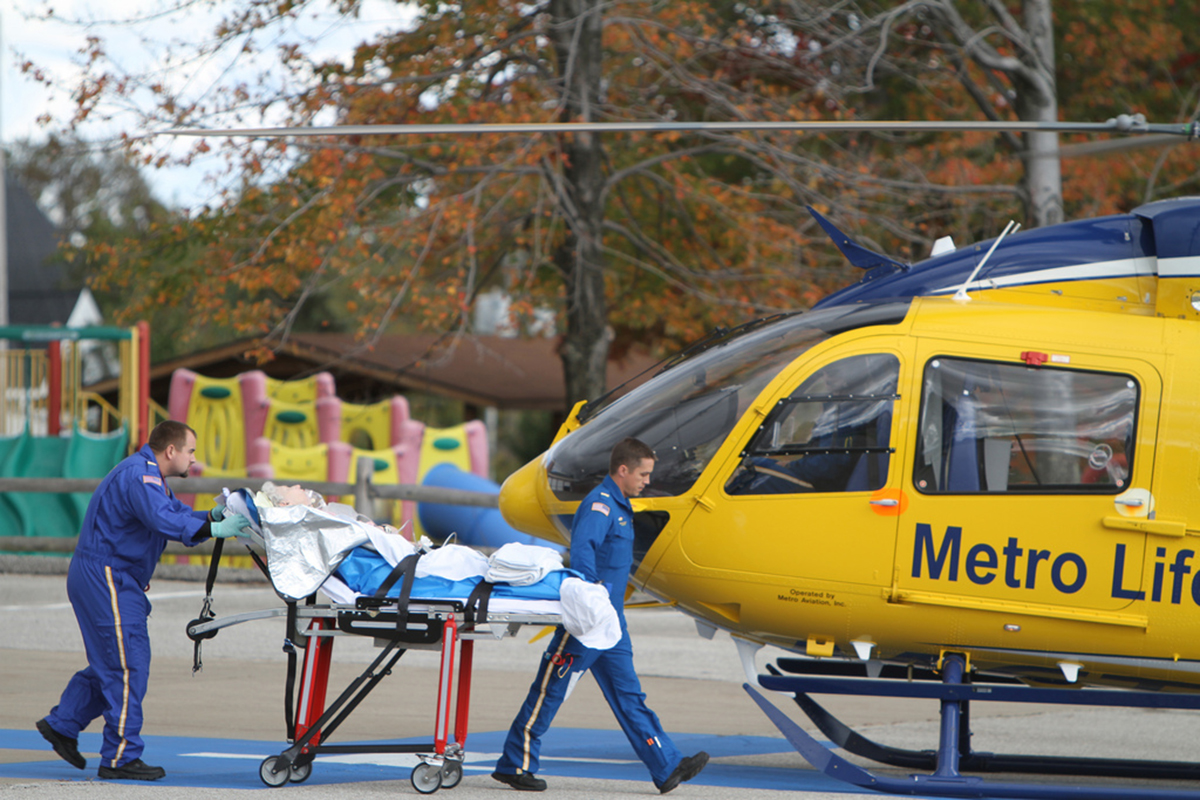Table of Contents
Can you survive more than one heart attack? Can you survive more than two? The surprising answer to the question of survival after myocardial infarction is answered here.
On the other hand, some heart attack survivors "take a lickin' and keep on tickin'" like the Energizer Bunny. I myself have had eight heart attacks over a six-year period, so many that the doctors no longer offer intervention (there's just no place left to do a coronary bypass). My father, who probably had the same clotting disorder I have, had 13 heart attacks in 15-hour period in 1994. He died in 2005 at the age of 80. His doctors said that they had never witnessed anyone who survived so much for so long (which is also something my doctors say about me). Retired British steel worker Brian Harries, just 44 years old, also survived 13 heart attacks over a two-day period.

The common factor in all three of our cases is that we managed to be in the right place at the right time. You are far more likely to survive a heart attack if you are near a modern hospital, as Brian Harries was, or you live in an area with an extremely advanced EMS system, as my father and I did.[4]
You are also more likely to survive if:
- You have your heart attack on a weekday between 8 am and 5 pm, when senior staff are likely to be available at the emergency room and in the hospital. Death rates go up when patients arrive just before shift changes. [5]
- You don't go to a teaching hospital in July, when new residents are just starting their training. [6]
- You are younger rather than older. About age 60 is usually a dividing line for survival rates. [7]
- You don't have diabetes (especially with an HbA1C over 10 percent), or if you have either type 1 or type 2 diabetes, you use insulin. Insulin helps the heart muscle use oxygen more effectively after a heart attack. [8]
- You take at least a children's aspirin every day. On average, people who take Aspirin have about a 14 percent lower risk of a heart attack. [9]
- You are a man. Women are less likely than men to have heart attacks, but more likely to die of them if they do, something that is in large part caused by the fact that their symptoms are often less specific, and more likely to falsely be attributed to anxiety. [10]
- You eat a diet with more fiber. In one study reported in the British journal BMJ, first-time heart attack survivors who ate more fiber were up to 44 percent more likely not to have a second heart attack. "More" fiber is just six servings of fruit, whole grains, or legumes daily. Whole grain and legume fiber were slightly more beneficial than fruit fiber. [11]
- You don't smoke. Non-smokers are more likely to survive first heart attacks. [12]
- You have an ejection fraction of at least 40 percent after your first heart attack. The ejection fraction is measured during a stress test. [13]
- You have fewer "clogs" (atherosclerotic lesions) rather than more, ideally two or fewer.
- You don't have kidney disease, and your creatinine levels are under 2.5 mg/dl.
- You have been stable for 60 days or more.
Seeking treatment as early as possible if you have symptoms of a heart attack — including shortness of breath, feelings of weakness or fainting, pain in the jaw, neck, or back, and unexplained nausea and fatigue, as well as the chest pain people immediately think of — will give you a better fighting chance of surviving as well, of course.
People who don't develop new symptoms for just 60 days are more likely to live after a heart attack than those who do. The longer you can stay healthy, the more likely you are not to become a cardiovascular fatality statistic.
- Photo courtesy of marysuephotoeth via Flickr: www.flickr.com/photos/marysuephotoeth/4309686730
- Photo courtesy of Dana Beveridge via Flickr: www.flickr.com/photos/scissorfighter/5170974002

